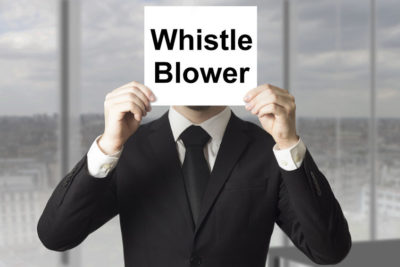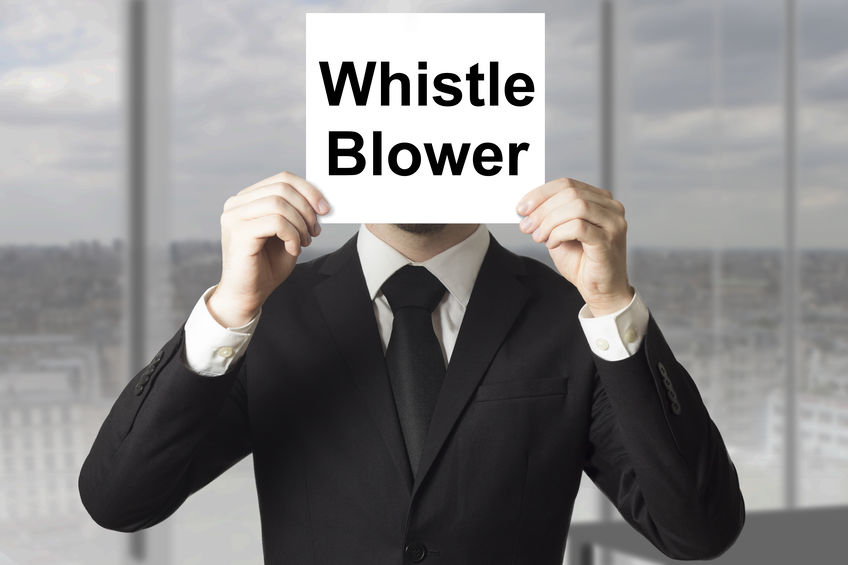
In 2010, Congress passed the Dodd-Frank Wall Street Reform and Consumer Protection Act, which created whistleblower protection for employees who exposed corporate violations of securities law. While it seemed like a win for employees, several courts interpreted the law to mean that employees were only protected as whistleblowers if they disclosed the violations to the U.S. Securities and Exchange Commission. Yet, other courts interpreted the law to protect employees who complained internally to their employer about securities law violations.
In response to these conflicting interpretations, the issue came before the Supreme Court of United States in the case of Digital Realty Tr., Inc. v. Somers. The Supreme Court ultimately held that employees were only protected from retaliation if the employee made disclosures of violations of securities laws to the SEC. Internal complaints were not enough.
However, change may be on the horizon. In July 2019, the U.S. House of Representatives passed the Whistleblower Protection Reform Act of 2019, which, if becomes law, will amend Dodd-Frank and bridge the gap created by the Supreme Court. In essence, the WPRA will ensure anti-retaliation protections for employees who disclose violations of securities law internally to their employer. The key to the WPRA is that the protections will be limited to employees of publicly traded companies, self-regulatory organizations and state securities commissions (and not to employees of private contractors of publicly traded companies).
Stay tuned…the WPRA will go before the United States Senate for consideration. Track the bill here.
Do you have questions about whether you are a protected whistleblower? Get answers. Consult with experienced employee rights lawyers today.

